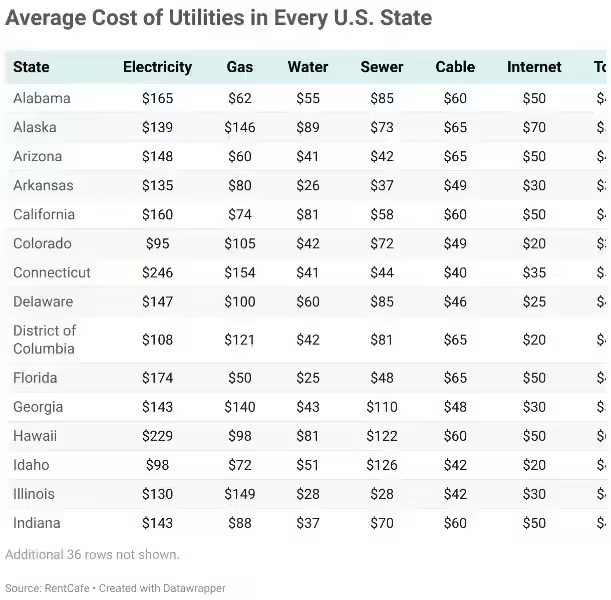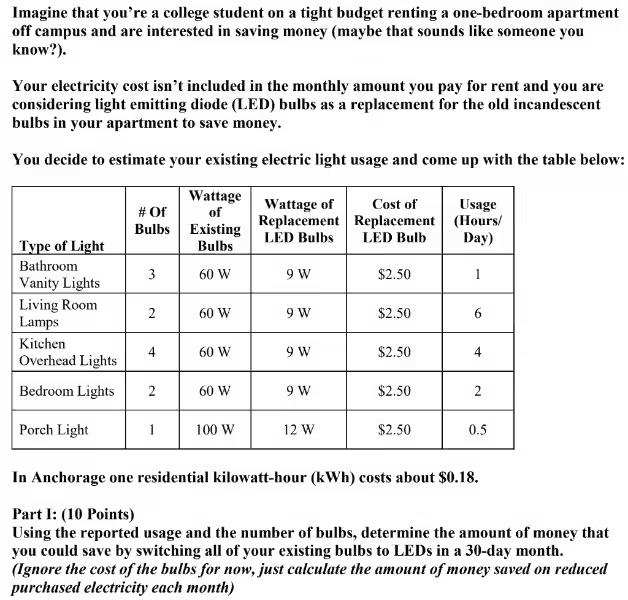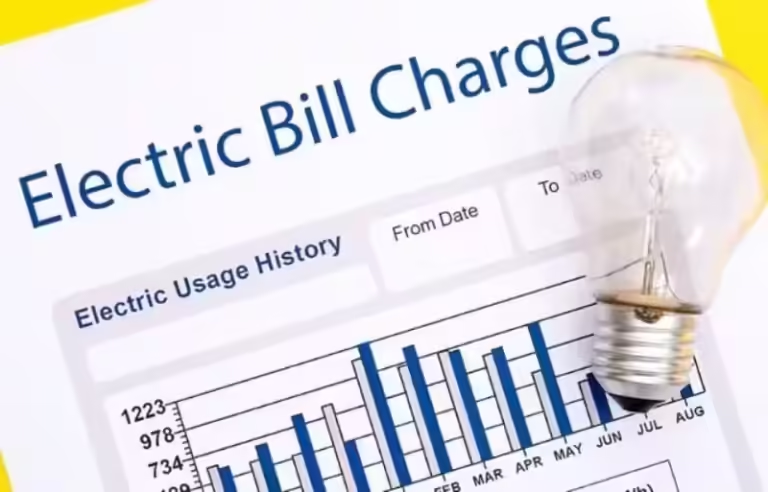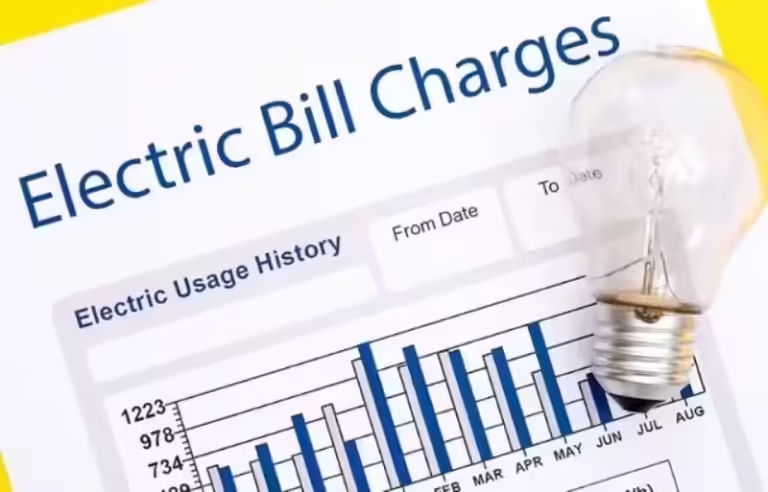Decoding the Average KWh Per Month for a 1-Bedroom Apartment: A Comprehensive Guide
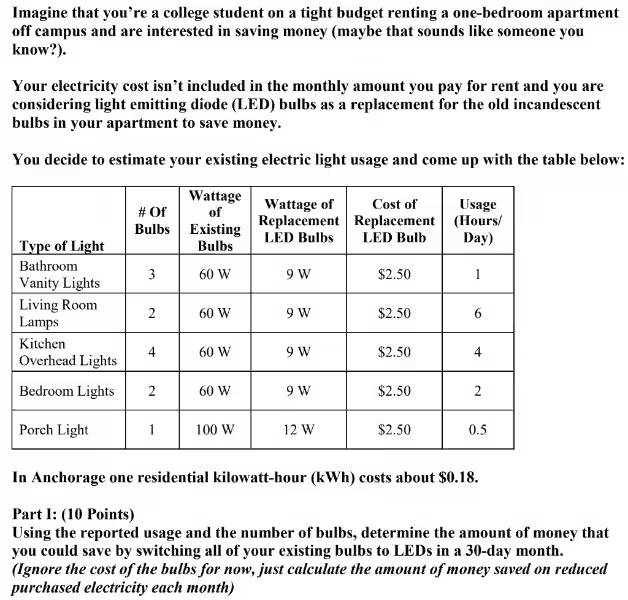
The cost of electricity can be a significant part of your monthly budget, especially for renters. Understanding how much energy you're using and finding ways to save can make a big difference in your wallet. This article focuses on the average kWh per month for a 1-bedroom apartment and provides insights into how you can manage your electricity consumption effectively.
What is KWh?
KWh stands for kilowatt-hour. It's the unit of measurement for electricity usage. One kilowatt-hour represents the amount of energy used by a 1-kilowatt appliance for one hour. For instance, if you run a 100-watt light bulb for 10 hours, you'll consume 1 kWh (100 watts x 10 hours = 1000 watt-hours or 1 kWh).
Understanding kWh is essential for monitoring your energy consumption and making informed decisions about your electricity usage.
What Factors Influence Average KWh Per Month?
The average kWh per month for a 1-bedroom apartment can vary widely depending on several factors. Here are some of the most significant influences:
Location
Electricity rates vary greatly depending on your location. Some states have higher energy costs than others due to factors like fuel prices, energy sources, and regulatory policies.
For example, a 1-bedroom apartment in California might consume around 450 kWh per month, while a similar apartment in Texas might consume around 350 kWh per month. This difference is mainly due to higher electricity costs in California.
Climate
The climate you live in significantly impacts your electricity usage. Hot climates require more energy for air conditioning, while cold climates need more energy for heating.
For example, a 1-bedroom apartment in Phoenix, Arizona, might consume around 600 kWh per month during peak summer months due to heavy reliance on air conditioning. In contrast, a similar apartment in Seattle, Washington, might consume around 300 kWh per month in the winter due to moderate temperatures and reliance on natural gas for heating.
Appliance Usage
The type and efficiency of your appliances significantly impact your electricity consumption. Older appliances tend to be less energy-efficient and consume more power than newer models.
For instance, a 1-bedroom apartment with an older refrigerator and air conditioner might consume 500 kWh per month, while a similar apartment with newer, Energy Star-rated appliances might consume only 400 kWh per month.
Personal Habits
Your daily habits have a considerable impact on your electricity consumption. Simple things like turning off lights when leaving a room, taking shorter showers, and using energy-efficient appliances can significantly reduce your energy bill.
For example, a 1-bedroom apartment with a resident who always leaves lights on and takes long, hot showers might consume 550 kWh per month. In contrast, a similar apartment with a resident who practices energy-saving habits might consume only 400 kWh per month.
Average KWh Per Month for a 1-Bedroom Apartment
Given the various factors influencing electricity consumption, it's challenging to provide a precise average kWh per month for a 1-bedroom apartment. However, a rough estimate for a typical 1-bedroom apartment in the US is between 300 kWh and 500 kWh per month.
It's important to note that this is just a general guideline. Your actual kWh consumption may be higher or lower depending on the factors discussed above.
Tips for Reducing Your Electricity Consumption
Even if you're already using energy-efficient appliances and practicing energy-saving habits, there are always ways to reduce your electricity consumption further. Here are some additional tips:
Unplug Electronics
Electronics can draw power even when they're turned off. This is known as "vampire power." Unplugging electronics like phone chargers, laptops, and TVs when not in use can make a difference in your energy consumption.
Use Energy-Efficient Lighting
LED lights are much more energy-efficient than traditional incandescent bulbs. Switching to LED lighting can significantly reduce your electricity bill and save money in the long run.
Install a Smart Thermostat
A smart thermostat can automatically adjust your heating and cooling system based on your schedule and preferences. This can help you save energy and reduce your energy bill.
Consider a Solar Panel System
If you're looking for a more sustainable and cost-effective way to power your apartment, consider installing a solar panel system. Solar panels generate electricity from the sun, reducing your reliance on the grid and potentially saving you money on your electricity bill.
Final Thoughts
By understanding the factors that influence your electricity consumption, practicing energy-saving habits, and exploring energy-efficient solutions, you can significantly reduce your average kWh per month for a 1-bedroom apartment and save money on your energy bill. Remember, every little step you take towards energy conservation contributes to a greener and more sustainable future.
Frequently Asked Questions about Average KWh per Month for a 1 Bedroom Apartment
What is the average KWh per month for a 1 bedroom apartment?
It is impossible to give an exact number for average KWh per month as it varies greatly depending on factors like location, apartment age, energy habits, and number of occupants. However, the average electricity bill for a one-bedroom apartment in the U.S. is around $60-$66 per month.
What factors influence my electricity bill?
Factors influencing your electricity bill include the age of your apartment, the number of people living there, the time-of-day energy rates, and your personal energy habits.
How can I reduce my electricity bill?
You can reduce your electricity bill by conserving water, washing clothes in cold water, air drying clothes, unplugging electronics, installing LED lights, and using space heaters strategically.
What are some options for cleaner energy?
You can explore options like Community Solar and cleaner energy plans for more sustainable and potentially cost-effective electricity.


